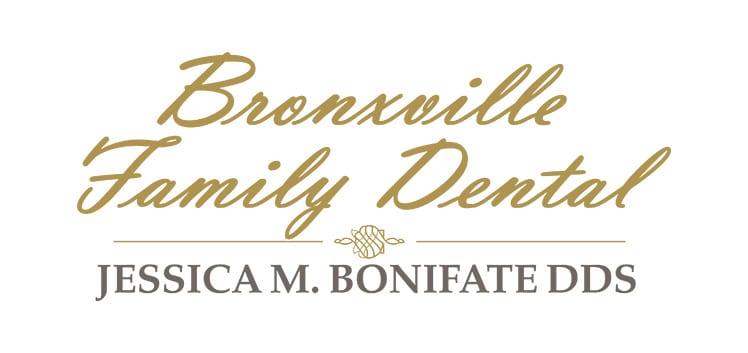A Complete Guide to Flossing Teeth

Do you floss your teeth daily? Many people don’t, even though it is an important part of a healthy oral hygiene routine. Food gets stuck between the teeth and plaque easily forms there, making it the highest risk area for cavities. Flossing is the best way to remove food and plaque from between the teeth and in the spaces where the teeth sit against the gums.
If you want to begin flossing but you’re not sure how to get started, here’s a complete guide to flossing teeth.
Types of Floss
There are a few different types of floss:
- String floss. String floss comes on a spool in a plastic container. It is typically woven and designed to be used once and discarded.
- Waxed string floss. Waxed string floss is coated with wax to reinforce it, preventing unraveling or tearing.
- Superfloss. Superfloss is wider and spongy to more effectively clean larger gaps between the teeth. It also has a reinforced end that is designed to help thread floss under orthodontics and dental prosthetics.
Choosing the right type of floss for you depends on your dental needs and your personal preference. Waxed floss is the most commonly used type of floss.
Flossing Technique
When using traditional string floss, tear off a piece around 18-24 inches. Wrap the floss around your middle fingers on both hands, leaving about an inch between your fingers. Then use your index fingers to gently guide the floss down into the space between each tooth. While the floss is against the gums, wrap it slightly around each tooth so that it reaches the pocket between the teeth and gums. Repeat this process between all of the teeth in the top and bottom rows.
Alternatives to Flossing
There are some alternative tools for cleaning between your teeth, such as:
- Flossing sticks. More commonly known as plackers, flossing sticks are made of plastic with a U-shaped head. A string of floss is stretched across the open end. The stick makes it easier to slide the floss between the teeth.
- Water flossers. A water flosser is an electric tool that pumps water through a wand. The pressurized water can clean food and plaque out of the spaces between the teeth.
Flossing With Orthodontics
If you currently have any fixed orthodontics, such as braces, you will need to adapt your flossing technique. You’ll need to thread the floss under the archwire of your braces before wrapping it around your fingers and sliding the floss between your teeth. Superfloss makes this easier because it has a reinforced end that is easier to thread under the archwire. Plastic flossing needles are also helpful, making it easier to thread traditional floss under your archwire.
Frequently Asked Questions About Flossing
How often should I floss?
We recommend flossing your teeth once a day. It can be done in the morning or at night whenever you brush your teeth.
Should I floss first or brush first?
Studies have shown that flossing before brushing is more effective for plaque removal than flossing after brushing. It is still better to floss after you brush than to skip flossing entirely.
Learn More About Flossing From Bronxville Family Dental
Bronxville Family Dental would be happy to teach you or your child proper flossing techniques to improve your oral hygiene routine. Call 914-337-8430 or contact us today to learn more and schedule an appointment.

